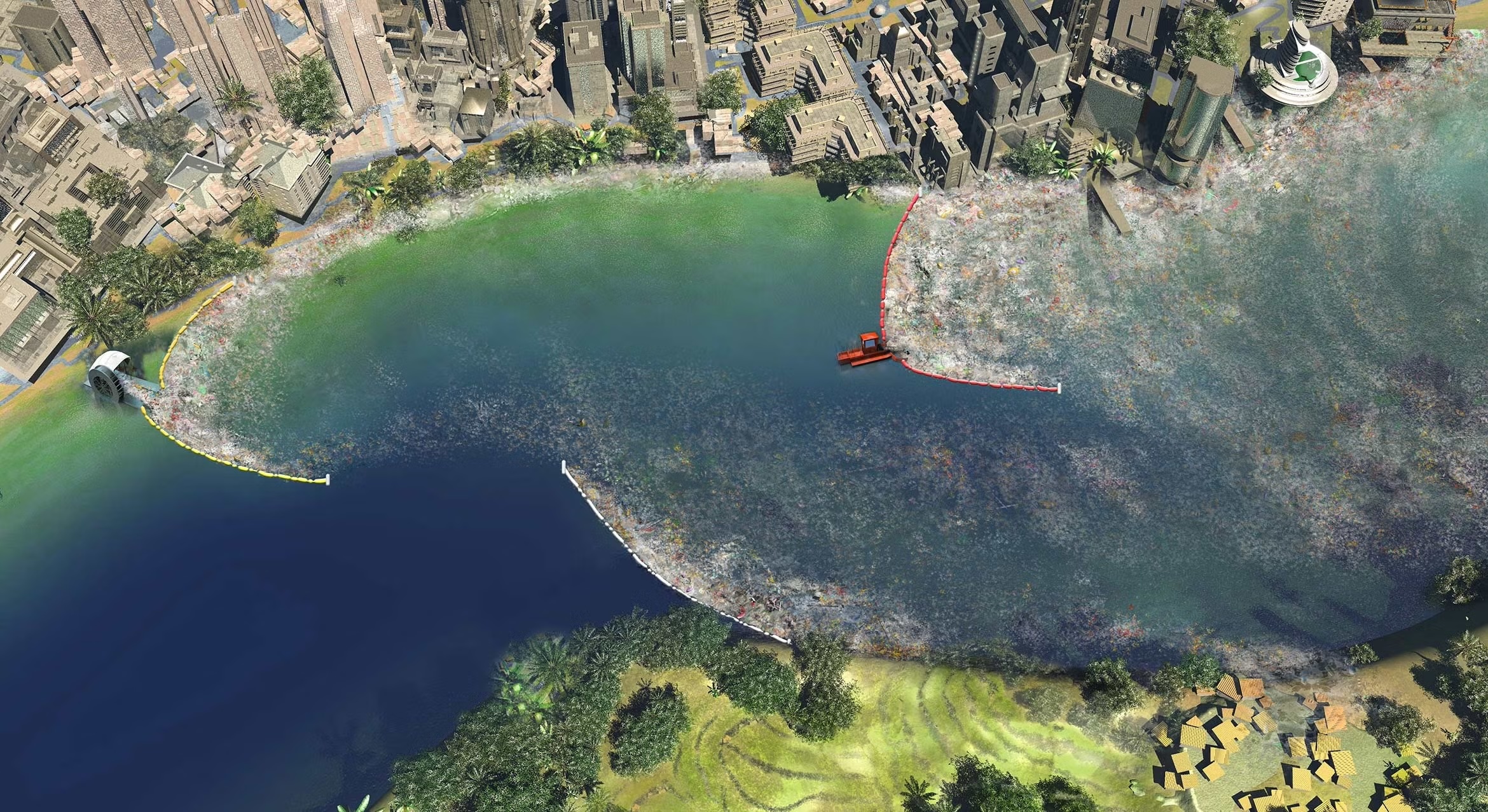
A sweeping UC Santa Barbara-led study, led by project scientist Chase Brewster, has revealed the scale and complexity of plastic pollution flowing through rivers, and identified practical, community-driven strategies to stop it before it reaches the ocean.
Spanning eight countries across four continents, the three-year project was coordinated by Brewster at the Benioff Ocean Science Laboratory in partnership with local organizations. Together, the teams collected and analyzed over 3.8 million kilograms of river debris.
The research found that policies such as plastic bag bans and support for informal recycling sectors can significantly reduce plastic pollution. The study also emphasized local autonomy and capacity-building as critical to long-term success.
Published in the Journal of Environmental Management, the study was co-authored by Douglas McCauley, associate professor of Ecology, Evolution & Marine Biology and director of the Benioff Ocean Science Laboratory. McCauley emphasized the value of the dataset, which has been made publicly accessible to enable further research.
“Our hope is that others will add to this dataset and draw answers to their own questions about plastic pollution from it,” McCauley said. Read the full story on The Current.
Photo credit: Benioff Ocean Science Laboratory